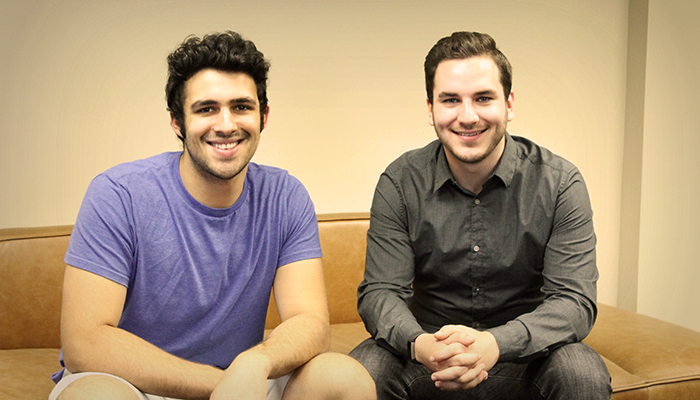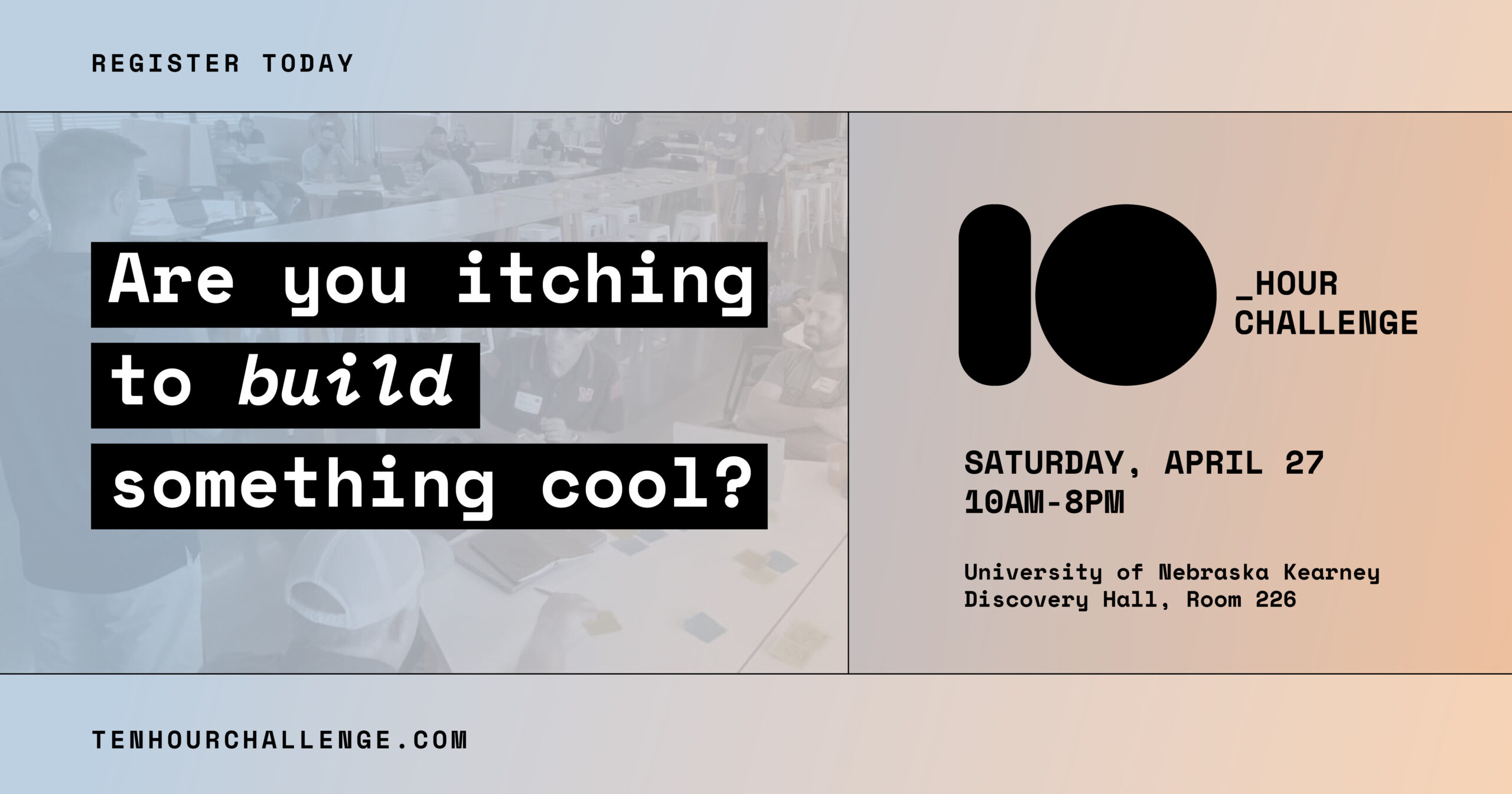
Preston Badeer remembers when he was a child trading football cards of his favorite players with his brother. And it makes him angry.
“There were football players that I watched with my brothers growing up that are dead already because they went insane from the effects of concussions,” said Badeer, Interim CEO, MotoMetrix. “They got CTE, some of them murdered their families or committed suicide. It’s just so sad and scary, and the worst part is that they didn’t know what they were doing to their bodies when they went back on the field.”
MotoMetrix wants to make concussion detection better. Badeer explained that the product they’re trying to develop on has yet to prove if it’s going to work adequately. However, whether it does or not, the company’s identity is going to stay the same.
“Really what our product does is detect in real time if somebody has had a concussion and if they’re still actively concussed,” said Badeer.
How MotoMetrix works
Currently the only way to detecting concussions is through a questionnaire. The current questionnaire model requires doctors to establish a baseline to figure out what the injured person’s normal response time to each question is and then compare it to the response time given after the possible concussion.
BECOME A SPONSOR
Join us in championing the narrative of success, resilience, and ingenuity that defines Nebraska’s startup community. Learn more »
“It’s incredibly subjective,” said Badeer. “It also doesn’t always work well with children. Sometimes they just don’t understand the questions.”
Badeer explained that MotoMetrix’s current product is basically a highly advanced scale that the injured person would stand on. The scale takes the person’s postural stability, which records extremely small movements in balance.
“You just stand on our product and it tells you whether or not we think you have a concussion,” said Badeer. “The goal is not to tell you whether or not to go to the doctor. The goal is to just be another level of knowledge for your decision.”
The hidden danger of concussions
According to Badeer, concussions are incredibly common.
“What’s really scary is that you don’t even have to hit your head to get a concussion,” said Badeer. “You can get one from just being jolted.”
Badeer explained how easy it is to get a concussion with an analogy.
“Your brain is like a piece of fruit sitting in a jar (your skull) that is half full of liquid,” said Badeer. “Your brain is just sitting in this liquid and it doesn’t have any insolation. If you shake the jar really hard the fruit is going to hit the side of the jar and bruise.”
Badeer explained that the bruising and clogging of the vessels that occurs from a concussion has very serious effects.
“You can have a sudden complete change of personality, you can lose or gain access to memories, some people get violent or depressed, just really bad stuff happens,” said Badeer. “It’s more common from repetitive, small impacts than one really big hit to the head.”
Diagnosing young players
What complicates concussions even more is that young players sometimes lie when they take their baseline questions, or take them more slowly, just so they can get back on the field sooner.
“We have confirmed that particularly younger players don’t want to know if they have a concussion,” said Badeer. “One of the big issues of the system being subjective is that these kids just want to get back on the field and don’t understand how serious the effects can be.”
What’s more, coaches and nurses simply don’t have the time to really examine each individual student thoroughly, so many times these concussed students keep playing undetected.
“That keeps the coaches and nurses up at night,” said Badeer. “But in the big leagues things get more complicated.”
Team doctors for larger teams are paid by the team so they can get manipulated by coaches and team owners. He also explained there is a different kind of pressure for the players once they are a part of a professional team.
“The players want to know the status of their health, but they don’t necessarily not want to go back in,” said Badeer.
Even though MotoMetrix is just trying to help provide an additional way of testing for concussions, there is still a lot to keep in mind when designing the product.
“It’s really tough because we can’t encourage self-diagnosing, and we can’t stop people from going to the hospital,” said Badeer. “The last thing we want is a parent or coach making the wrong decision because of us. So we have to test in an environment where we can sort of be invisible.”
Backed by UNeMed and Straight Shot
MotoMetrix is the product of a partnership between UNeMed and the Straight Shot accelerator in Omaha. Badeer explained that UNeMed is basically an intellectual property filter.
“Any kind of inventions and ideas that come out of the university [UNO] go to UNeMed. They own them and are in charge of doing something with them,” said Badeer. “Historically, those ideas have turned into a patent that they’ve sold, and they don’t want to do that anymore. They want to make businesses.”
Badeer explained that he was brought on to the project to take the idea through the accelerator and see how far the team can go with it. Badeer has been involved in the Omaha startup scene for about three years now. He brings a variety of experience to the project after doing web development for places like Hayneedle, Interface Web School, Proxibid and Kiewit.
“I have a lot to prove,” said Badeer. “I’ve been in the startup community for a while and launched a couple of things, but this is just an incredibly large opportunity because there is no one else that has this way of detecting concussions right now.”
Badeer said that the most important thing for everyone involved is to prove out the model.
“Being able to bring together companies with ideas and startup accelerators is a whole new idea here,” said Badeer. “Omaha lives and thrives off of big companies like Kiewit and First National, and if we can’t get them involved in the startup scene, I’m not sure how we are going to get anywhere. At least not quickly.”
The big vision: Transforming an industry
Badeer looks at the future with optimism.
“I think if we can do this, we are going to get a lot of people to see the amount of opportunity there is in the field,” said Badeer. “This is super cliche, but I would love for this to be the Tesla of the industry. Like, the goal of Tesla wasn’t to be a new, big car company, it was to piss off every other car company to get them to move faster.”
In the end, Badeer said he just wants MotoMetrix to be a non-subjective option for people.
“I want schools to be able to say that there is affordable way for them to keep track of people who may or may not have concussions, and make better decisions about it,” said Badeer. “Something students, coaches and doctors can’t fake, manipulate or dodge. Even if it’s not the product we’re working on now.”
–
Melanie Lucks is a communications intern for Silicon Prairie News and AIM Careerlink.



